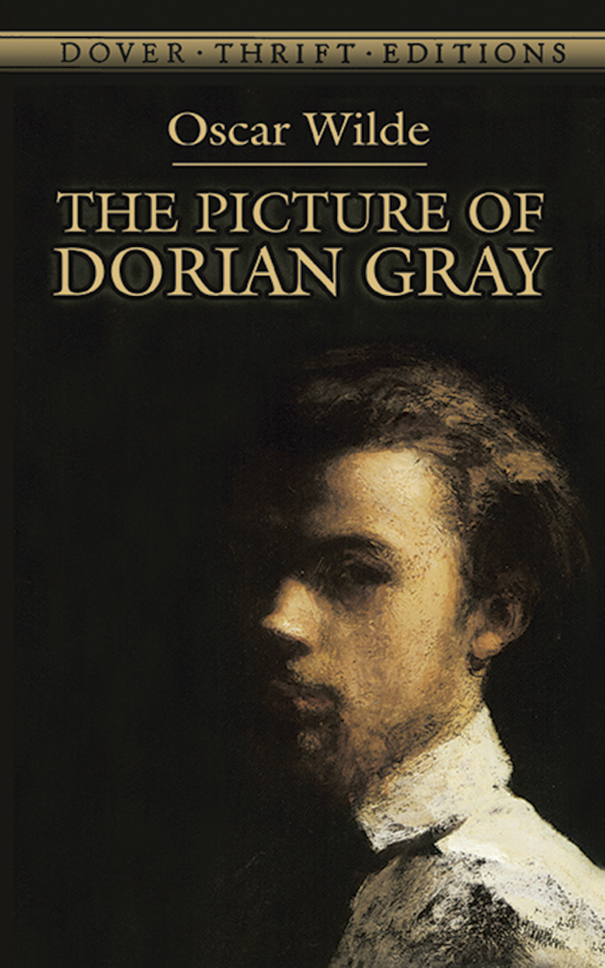Welcome to the story of Despereaux Tilling, a mouse who is in love with music, stories, and a princess named Pea (Goodreads).
It might be charming, but beyond that, The Tale of Despereaux is extremely underwhelming. It's hard to root for the protagonists, not because one of them is named after a vegetable, though that doesn't help, but, to be honest, they don't really do much. Light is good and dark is bad, and sometimes, the imagery going along with that in the book is pretty well-executed, but the entire plot is mostly forgettable. It's also kind of annoying being constantly reminded of what just happened a few seconds ago by random interjections from the author. Luckily, the author writes well enough, with a calm, clear diction, that these interruptions are bearable. Imagery is done well, and the author describes things with an endearing, intelligent voice, and the vocabulary is pretty well done, but a bland plot, characters, and dialogue make for a fairly 'meh' read. 6.5/10






